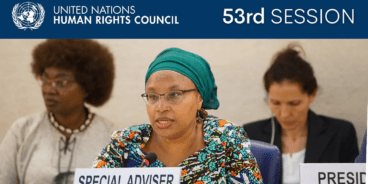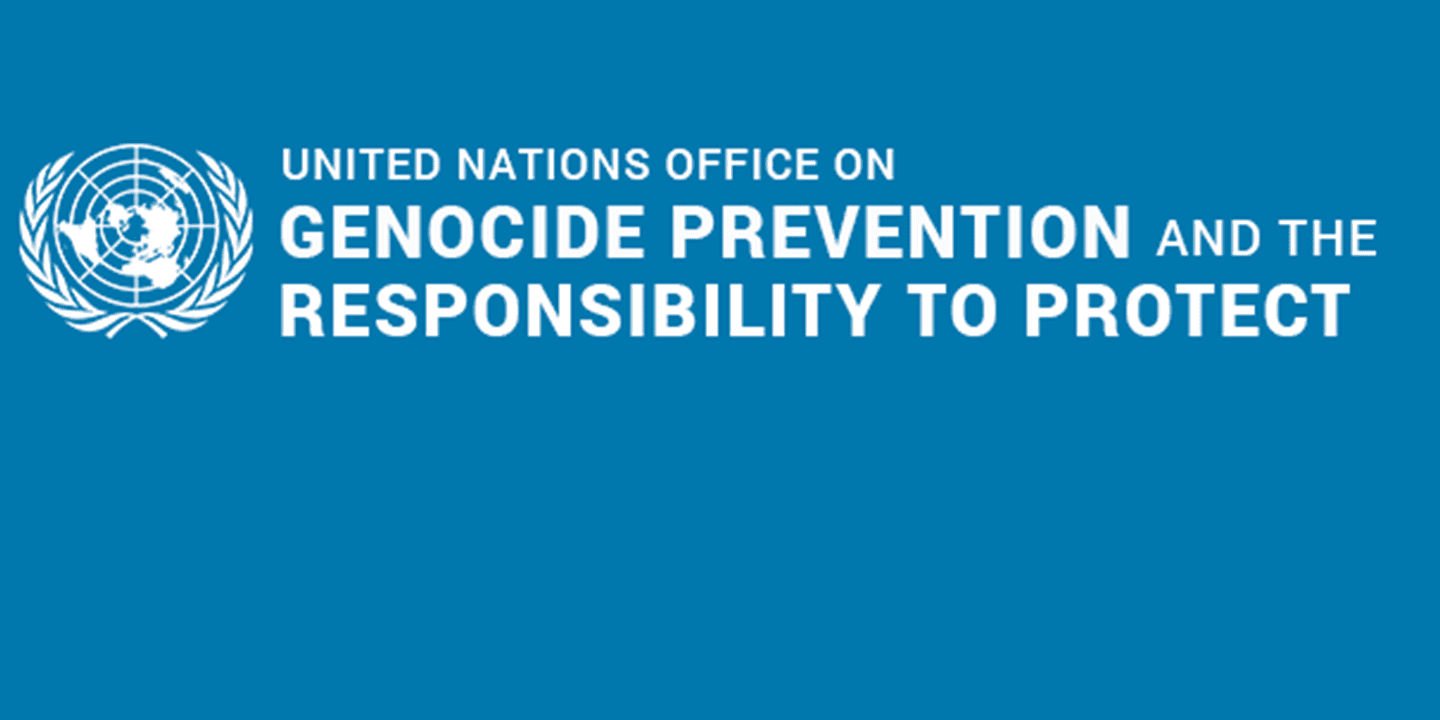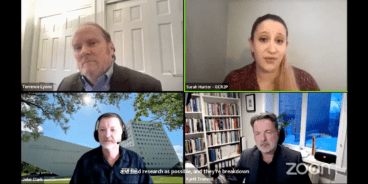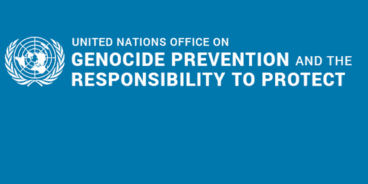

Ethiopia: United Nations Special Adviser warns of heightened risk of genocide and related atrocity crimes amid increased violent clashes in Tigray, Amhara, Afar and Oromi
The United Nations Under-Secretary-General and Special Adviser on the Prevention of Genocide, Alice Wairimu Nderitu, is alarmed at the heightened risk of genocide and related atrocity crimes in Ethiopia, following reports of continued fighting between government troops and local militias in the Tigray, Amhara, Afar and Oromi regions.
“The incident reports that we see coming out of Ethiopia are deeply disturbing and constitute a call for action,” said Special Adviser Wairimu Nderitu. “I want to particularly draw the attention of the global community to the continued presence of risk factors for genocide and related atrocity crimes in the country,” warned the Special Adviser.
There are reports that entire families have been killed, relatives forced to watch horrific crimes against their loved ones, while whole communities have been displaced or expelled from their homes. “The suffering of innocent civilians should never be accepted as inevitable; rather, it must reinforce our commitment to ensure that impunity does not prevail and that all possible prevention actions are prioritized,” she said.
Alluding to her previous statements on the situation in the country over the last three years, issued on 12 November 2020, 5 February 2021, 30 July 2021, 8 November 2021 and 17 October 2022, as well as to the 14 September report by the International Commission of Human Rights Experts on Ethiopia, which documented violations against civilians in the Amhara region and on-going violations in Tigray, the Under-Secretary-General Wairimu Nderitu called for an immediate end to wide-ranging violations perpetrated by parties to the conflict since 3 November 2020, including mass killings, rape, starvation, destruction of schools and medical facilities, forced displacement and arbitrary detention.
The Commission’s report also decried the situation in Oromia, Amhara, and other parts of the country – including what it termed as ongoing patterns of violations, entrenched impunity, and increasing securitization of the state – which bear hallmarked risks of further crimes. Confirming concerns raised by the Special Adviser in previous statements, the report specifies that violations against Tigrayan civilians were frequently accompanied by insulting or derogatory language, often through pejorative terms including “junta,” “woyane” and “agame”, during attacks. “Perpetrators have expressed the intention to target a group on the basis of ethnicity,” noted the Special Adviser. “This includes describing Tigrayans as ‘cancer,’ indicating a desire to kill men and children, or else to destroy women’s reproductive capacities. This must raise all alarms that the risk of genocide is present and growing,” emphasized the Special Adviser. She also noted with grave concern the Commission report’s conclusion that that widespread rape, multi-perpetrator-rape, and other forms of sexual violence against ethnic Amhara and Agew women and girls, in at least 11 towns and villages in Wag Hemra, North and South Wollo and North Shewa zones, has been committed.
The Special Adviser condemns such actions in the strongest possible terms. “It is imperative that violence stops and that innocent civilians are not directly targeted. Ongoing hostilities constitute a war against civilians as much as a war between the warring parties.”
Special Adviser Wairimu Nderitu reiterated her grave concern at the continued presence of most of the indicators and triggers contained in the United Nations Framework of Analysis for Atrocity Crimes, which the International Commission has also echoed, highlighting the presence of risk factors for genocide and related atrocity crimes in Ethiopia. She emphasized that “when indicators and risk factors are present and point to the possible commission of the gravest of crimes, the region and the international community at large must work towards preventing their occurrence and towards mitigating their impact. Violence must be halted.”
An agreement to cease hostilities in the country more than a year ago has largely failed, as violent confrontations continue, with mounting allegations of atrocities, war crimes and crimes against humanity still being committed in the country.
On 24 September, the historic city of Gondar in Amhara reportedly saw heavy urban combat when local militias known as the Fano entered the city, prompting intense clashes with the Federal Forces.
“Reports that Eritrean troops and Amhara militia members continue to commit grave violations in Tigray, including the systematic rape and sexual violence of women and girls, are disturbing. There have been numerous credible reports of violations against Amhara civilians since the announcement of a state of emergency in August 2023. These violations must stop immediately,” stated Special Adviser Wairimu Nderitu.
The Special Adviser also expressed concern at the alleged ongoing presence of Eritrean troops in Ethiopia despite the numerous allegations against them and called for accountability for the violations they have reportedly committed. There are reports that the Government of Ethiopia has failed to effectively prevent or investigate violations and has instead initiated a ‘flawed transitional justice consultation process where victims remain overlooked’.
“Lack of accountability for these violations will only serve to entrench impunity and feed into a vicious cycle of violence. When not held accountable, perpetrators see nothing wrong with committing these violations again. Therefore, impunity constitutes a direct enabler of further human rights violations and potentially atrocity crimes. For the victims, lack of justice results in deep-seated grievances that could spur future retaliatory attacks that would continue the cycle of violence. This is not inevitable. Violence can and must be prevented with the utmost urgency,” emphasized Special Adviser Wairimu Nderitu.
Related Content


Sarah Hunter speaks on a panel entitled "Ceasefire and humanitarian crisis: understanding the Ethiopian peace process"
